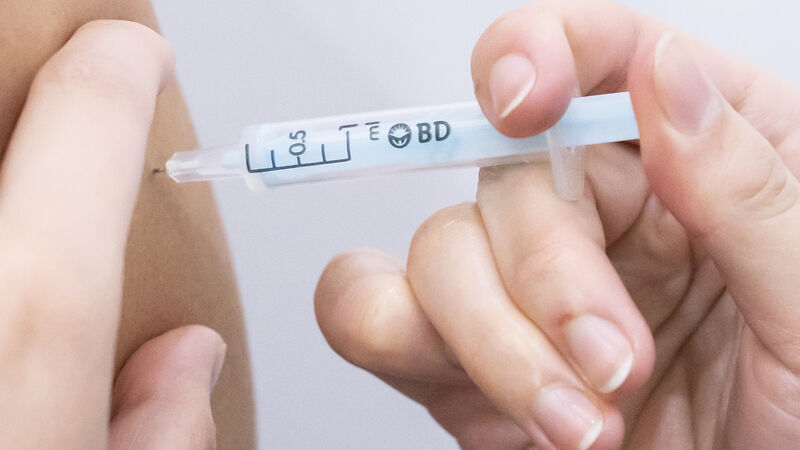People at risk urged to book their free covid booster

Following advice from the National Immunisation Advisory Committee (Niac) the terms of eligibility for the spring covid booster have been reduced. See below for details. Stock picture
People are being urged to avail of the covid-19 spring booster before the vaccine programme is paused for the summer — and a new coronavirus variant has been confirmed in Ireland.
A total of 17 cases of the new variant, named KP.2 or FLiRT, have been confirmed in Ireland in the past five weeks.













